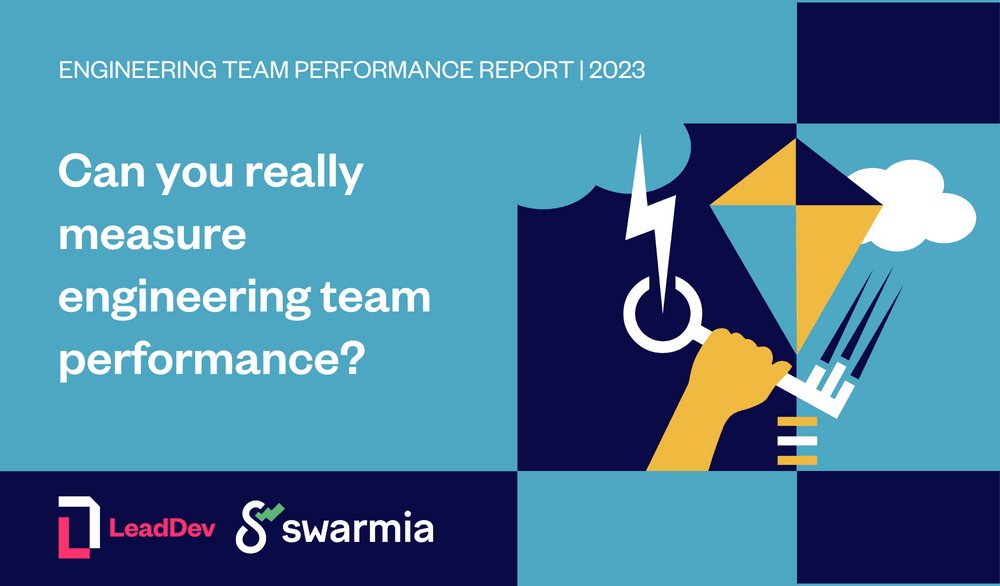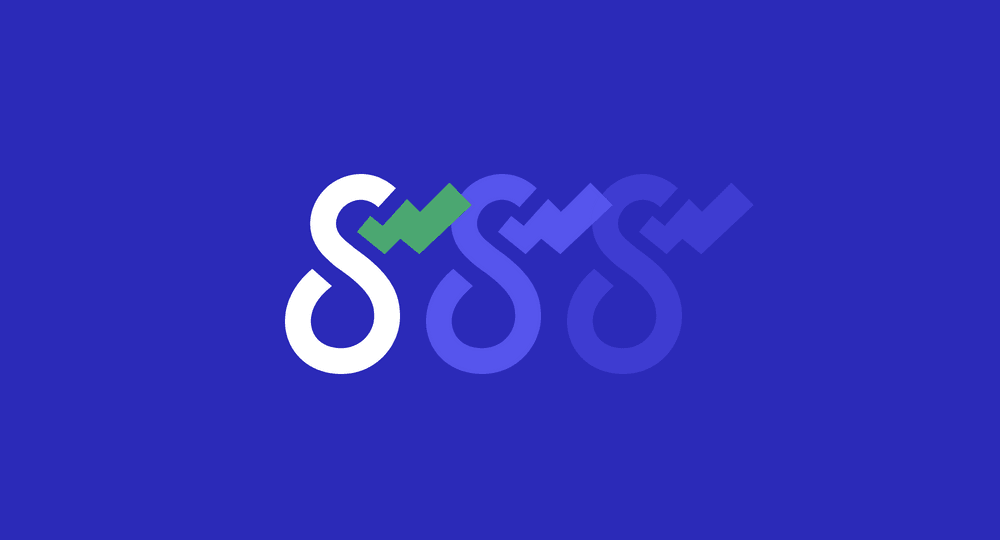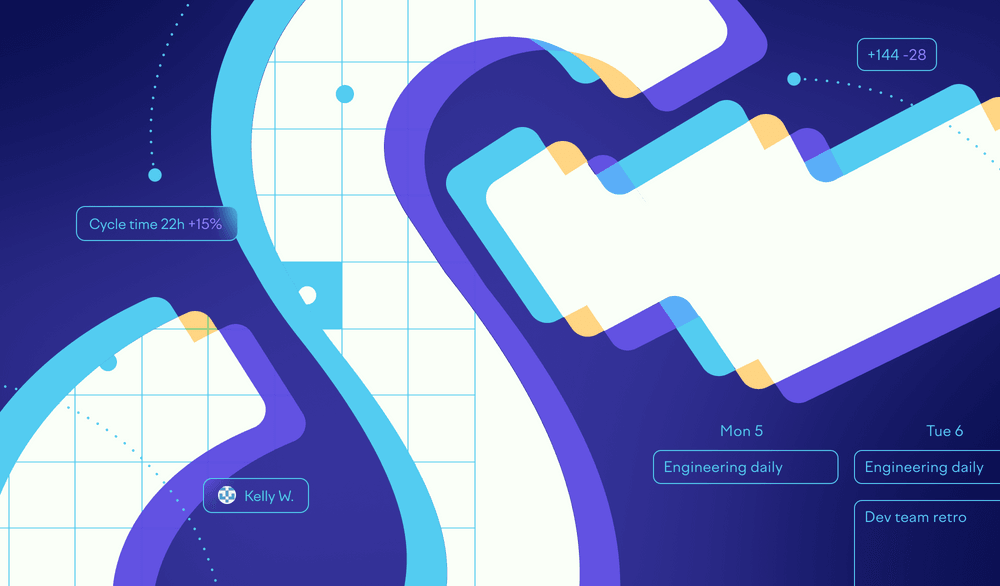
Hello World

What's needed to build a world-class product development organization? The common wisdom is to start with hiring the right people and empowering them. However, the often-forgotten part of the equation is to build an environment where teams can properly self-organize. If you don't have a shared language, built-in transparency, good tooling, and some common guard rails, the complexity will eventually grind your organization to a halt.
We experimented with these topics while building Smartly.io's product development organization to 100+ people over the last four years. In addition, I've benchmarked the best practices of engineering leaders from companies like Uber, Square, Zendesk, Spotify, and Wolt.
Every organization is slightly different, but if your product development organization can be 1% more productive every week, the benefits will compound, and you will eventually beat the slower-moving competitors. For most companies, it's unclear what that improvement means in practice and how you are supposed to measure it.
Almost everyone will agree that self-organizing teams need a high degree of transparency to support their continuous improvement. Yet most teams don't have visibility beyond what tasks they are currently working on, if even that.
Engineering metrics are a complex topic, and it's easy to do more harm than good. Managers might be eager to adopt tools that help shed light on the black box of engineering, but any developer can quickly point out the flaws in the numbers: the issue tracker is not really up to date, commits per day don't describe the productivity of a developer, and velocity actually has nothing to do with velocity.
Trying to find one number to describe your team's performance is not realistic, and the trauma of measuring lines of code for productivity has sent the whole industry backward to a point where flying blind is considered standard.
We started Swarmia to prove that there is a pragmatic way to increase transparency in a way that actually helps teams ship better software faster. Rather than stalking developers, we help you find the real bottlenecks in your organization.
Did you know that a big chunk of your pull requests is forgotten forever? While you might think that you're focusing on the company's top priorities, did you know that your team might be spending less than 10% of their energy on them? How much does a broken CI/CD pipeline cost you? What's the impact of every developer working on their own thing? Do you understand the effect an unsustainable pace has on your technical debt?
We've seen that most organizations can deliver their top priorities 3-5x faster without sacrificing a sustainable pace of work. How teams spend their time is their most important lever, yet most teams don't know how much reactive work is slowing down feature development. The issue tracker will only tell a part of the story.
It's not all about dashboards, though—you'll want to drive change. With Swarmia, each team will choose how they want to work. When they identify something they'd like to improve, they can create a working agreement. Think of it as a linter for teamwork, using automation to encourage behavioral change.
If there is a siloing problem, the team can agree to have at least two developers working on any given feature. If maintaining a quality codebase feels difficult, you can agree to automated tests or manual checklists for pull requests. Our Slack bot will kindly nudge you in the right direction to help you form healthy habits.
We're already helping hundreds of teams to be more successful. Follow us on Twitter to stay up-to-date about product updates, or you can reach out to our team to get started.

Subscribe to our newsletter
Get the latest product updates and #goodreads delivered to your inbox once a month.
More content from Swarmia


